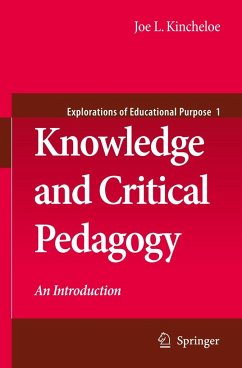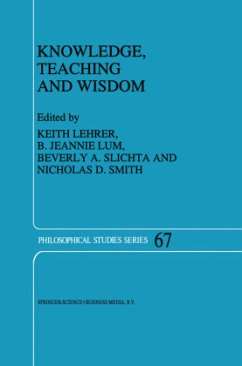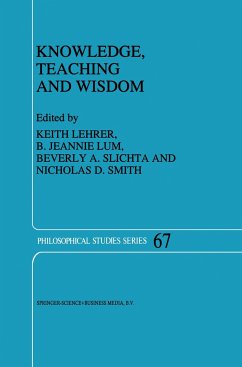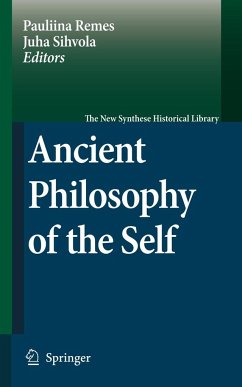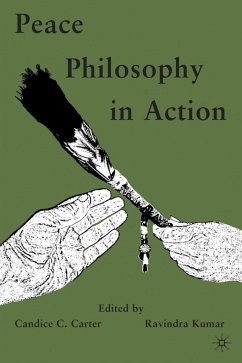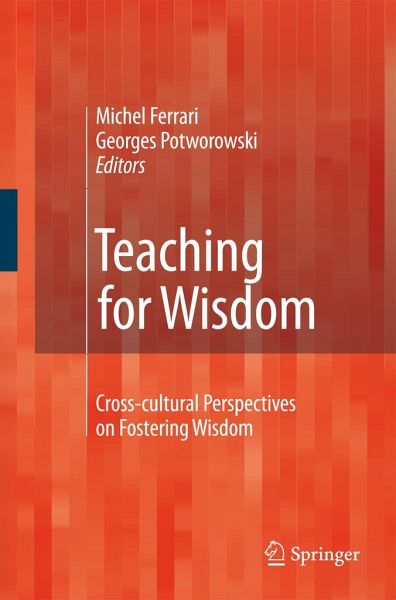
Teaching for Wisdom
Cross-Cultural Perspectives on Fostering Wisdom
Herausgegeben: Ferrari, Michel; Potworowski, Georges

PAYBACK Punkte
52 °P sammeln!
This book examines if it is possible to teach wisdom. It considers how people at different times and places have engaged the age-old question of how (or whether) we can learn to live a good life, and what that life is like. Offering a range of perspectives, coverage considers Greek and Confucian philosophy; Christian, Islamic and Buddhist religion; African tradition, as well as contemporary scientific approaches to the study of wisdom.
The chapters in this volume are all devoted to a single question: Can wisdom be taught, or at least fostered? They span many different traditions and times, which generates both problems and opportunities. The most obvious problem is that of translation. As Curnow points out in the opening chapter, the word 'wisdom' is used to translate a variety of terms from antiquity that have only a partial overlap with modern work. It is interesting to consider that the Egyptian word 'seboyet' translates as either wisdom or instruction. The same is true of terms from Buddhism or Confucianism, or even the Ancient Greek tradition acknowledged as a source of most current views of wisdom in the West; all the terms drawn from other languages and traditions have only partially overlapping meaning. With this in mind, each chapter can be read independently of the others. However, we have also arranged them in an order that re?ects common themes that emerge despite this diversity. We have not arranged them by geographical region, or historical time, but rather by the sort of educational strategy they advocate to foster wisdom. The ?rst chapter by Curnow provides a basic overview of approaches to teaching for wisdom in the West. This is already a very ambitious undertaking, spanning ancient EgyptandMespotamiatotherenaissanceandthedawnofthemodemworld, where the term wisdom has fallen largely out of fashion until very recently.




